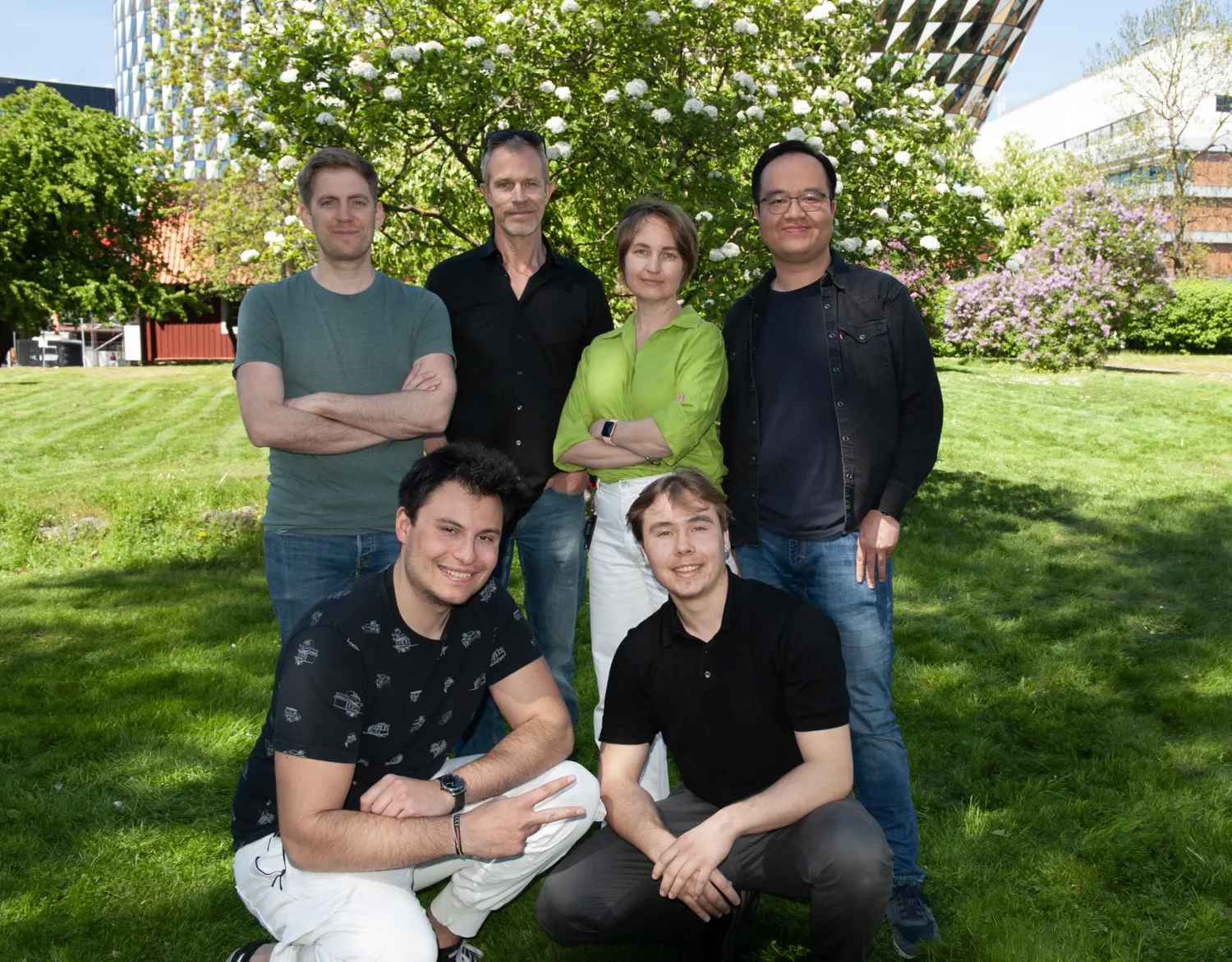Our research
Targeting Ubiquitin Ligases to Overcome Drug Resistance in Cancer
International omics initiatives have transformed our understanding of cancer by mapping the molecular landscapes of major tumor types. These efforts have uncovered key disrupted pathways and fueled significant advances in personalized medicine. However, despite these breakthroughs, the clinical success of precision therapies remains limited, hindered by tumor heterogeneity and the persistent challenge of drug resistance.
Our research aims to comprehensively understand the fundamental molecular processes that drive cancer progression and to translate these insights into actionable strategies for patient therapy. One promising approach to overcoming treatment evasion is to harness the ubiquitin machinery to eliminate specific proteins that protect tumor cells from replication and transcription stress induced by oncogenes or chemotherapy. As these proteins represent intrinsic cancer vulnerabilities, their targeted degradation could pave the way for therapeutic strategies that effectively overcome resistance mechanisms.
"If the war on cancer is to be successful, we must first identify our enemies and then develop the most effective strategies to defeat them - a principle echoed by Sun Tzu in The Art of War: 'Understanding your enemy is the key to victory.'
Projects
At the core of our strategy is the utilization of the SCF E3 ubiquitin ligase, a molecular machine that regulates the stability and activity of a wide array of proteins, to disrupt signaling pathways essential for cancer cell survival. While small-molecule inhibitors of protein kinases have led the way in targeted drug development, the therapeutic potential of ubiquitin ligases still remains largely untapped.
To address this gap, our is dedicated to:
- Identifying and characterizing SCF (Skp1–Cullin–F-box) ubiquitin ligases with key roles in cancer biology
- Uncovering vulnerabilities in DNA damage tolerance and replication/transcription stress response pathways
- Developing innovative targeted therapies that disrupt these mechanisms to improve outcomes for patients with limited treatment options
By bridging fundamental molecular insights with translational research, we aim to contribute to the next generation of cancer therapies, designed to outsmart resistance and deliver lasting clinical benefit. We specialise in a variety of approaches including protein biochemistry, molecular and cellular biology, genome editing and drug screening:
Recruitments
We welcome motivated individuals to join our research group in advancing the fight against cancer.
If you are interested in conducting your master’s thesis or internship project in our group, please send an email with your CV and a reference letter from a laboratory supervisor to olle.sangfelt@ki.se.
Available PhD or postdoc positions are advertized at KI Jobs.
Collaborations
Our projects build on longstanding collaborations with research groups in Sweden, Italy, Finland, and the USA.
Charles Spruck, Sanford Burnham Prebys Medical Discovery Institute, La Jolla, CA
James Wohlschlegel, Department of Biological Chemistry, UCLA, CA
Juha Rantala, University of Sheffield, UK and Misvik Biology, Turko, Finland
Daniele Guardavaccaro, University of Verona, Italy
Merja Heinäniemi, University of Eastern Finland, Kuopio
Nikolas Herold, Department of Women’s and children’s health, KI
Malin Wickström, Department of Women’s and children’s health, KI
Brinton Seashore-Ludlow, Department of Oncology-Pathology, KI
Magdalena Paolino, Department of Medicine, KI

